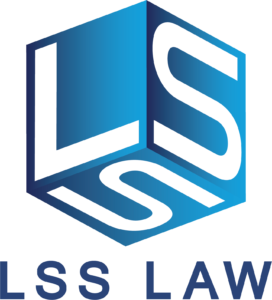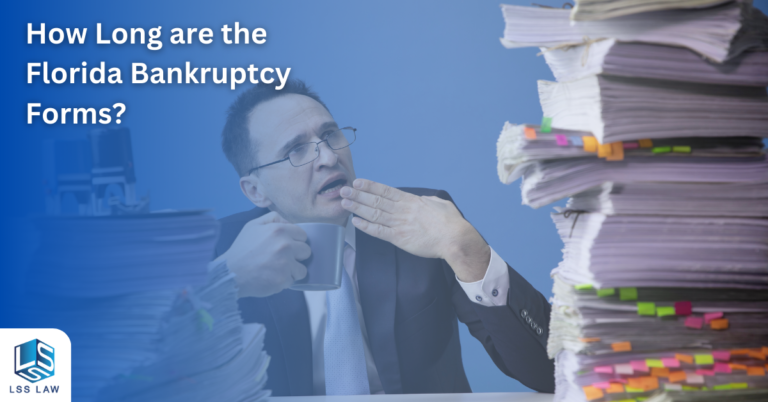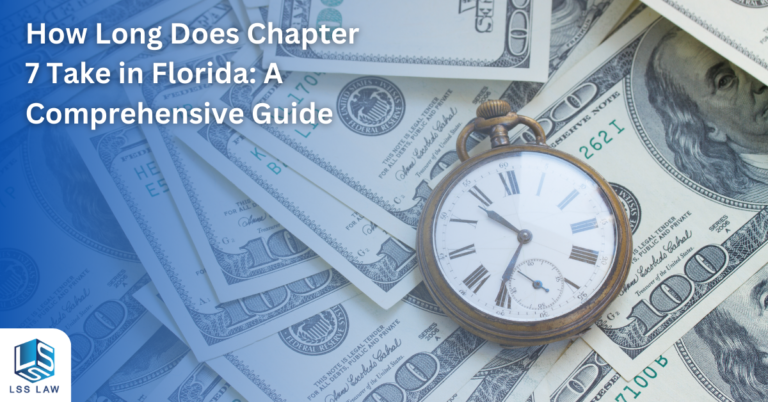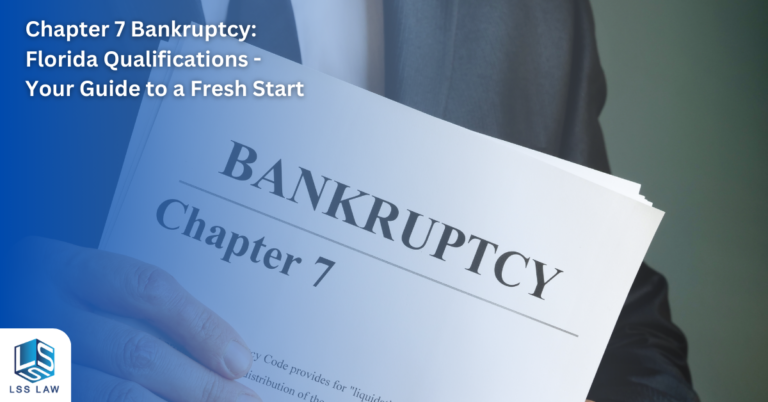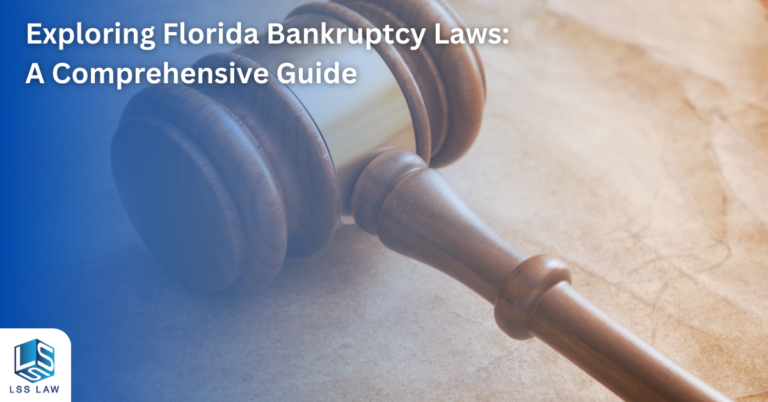Some people who come see us for an initial bankruptcy consultation feel that they have been struggling with their debts for so long that they can’t afford to pay the attorneys fees and costs needed to file bankruptcy.
In 2012 alone, it’s estimated that anywhere from 200,000 to 1 million consumers who could have benefited from a bankruptcy filing didn’t file because they couldn’t afford it.
The real question should be can you afford not to file for bankruptcy?
While the fees and costs associated with filing for bankruptcy may seem expensive, (anywhere from $1,900-$2,900 for Chapter 7 and about $4,000 for Chapter 13), we work within our client’s financial means to ensure they get the debt relief they desperately need. Pre-filing payment plans are not uncommon in Chapter 7 cases, and sometimes we include part of the Chapter 13 fees as part of our clients’ Chapter 13 plans.
Remember, once the bankruptcy is initiated, it keeps creditors from harassing you, protects your property, and halts other actions against you.
Because the fees and costs associated with filing bankruptcy have risen since 2005, more individuals have tried to go it alone and file bankruptcy without an attorney. While representing yourself may seem like it will save you money, the reality is that it could cost you more than you realize. Losing assets, having your discharge denied, or having your case dismissed is much more expensive than hiring an attorney to represent you.
While you are permitted to file a bankruptcy case without an attorney, it is extremely difficult to do so successfully. In fact, according to some studies, debtors who represent themselves in a standard Chapter 7 case successfully obtain a discharge of their debts only 61 percent of the time as opposed to 95 percent of the time for those represented by a lawyer. In Chapter 13 cases, the success rate for debtors representing themselves is less than 1 percent.
If you think you can’t afford to file for bankruptcy, try these suggestions for raising extra cash:
- Stop paying debts that will be discharged in bankruptcy
- Ask friends or family for a loan
- Dip into retirement funds
Remember that even though it may cost you more to file bankruptcy, in the end, you’ll be free of your debt and be able to make a fresh start.
Please keep in mind that every case is different, so if you are thinking of filing bankruptcy, and would like to schedule a free consultation, please contact our office by completing the form on this website or calling us at 954-466-0541.
